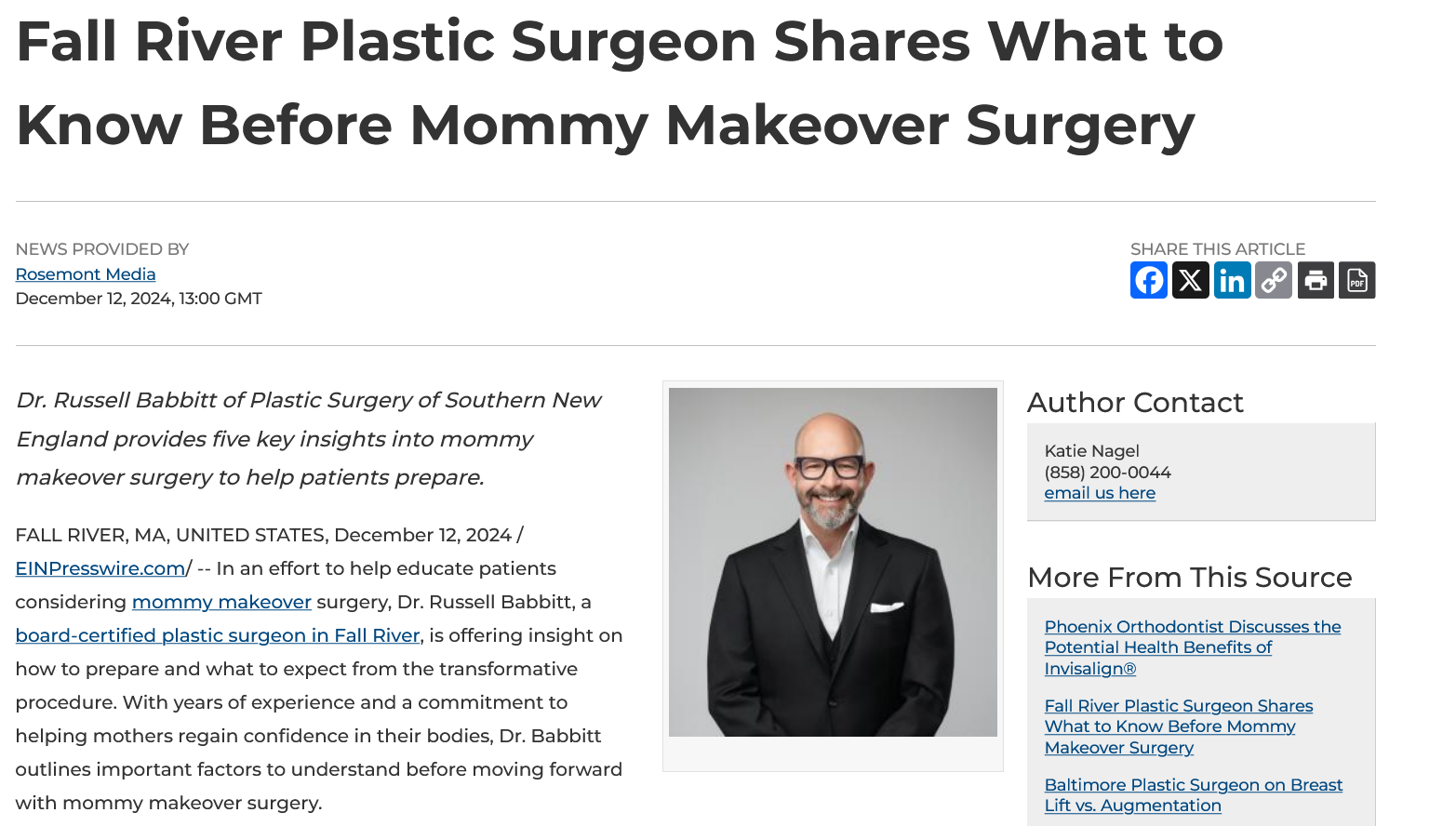Breast Implant Illness and the En Bloc Capsulectomy
Women have the right to choose to undergo breast augmentation, provided they are found to be a good candidate for the surgery. Similarly, if a woman wants to have her implants removed, (and it is safe to do so) she has the right to choose to have them removed, regardless of her reason for doing so. Period.
End of discussion? Well, it’s kinda complicated.
The topic of explantation surgery is a touchy one, and there are many different opinions and reasons for a woman to want to have her implants removed. Maybe the implants are uncomfortable or something just doesn’t seem right, or they don’t look good anymore, are interfering with your fitness routine, or perhaps the devices have failed. There is also a group of patients who feel the implants themselves are making them sick, which has come to be known as Breast Implant Illness, or BII.
BII has become a significant question in the field of plastic surgery, and a major reason for this is the difficulty in diagnosing the condition and the difference between the patient reported symptoms and, thus far, a lack of scientific evidence for a direct relationship between implants and the disease. I am NOT saying there’s no such thing as BII, and no good plastic surgeon should ever deny a patient explantation if they are concerned about BII. Again, if you want to have your implants removed, it is your right to have it done safely and without feeling judged.
Unfortunately, a major sticking point is just how the explantation procedure should be done. Many BII patients ask for what is known as an en bloc capsulectomy, which means that the entire scar tissue capsule and the implant are removed in one piece, and there are a number of surgeons who advocate for this as well. Up to now, there has been no science to support en bloc capsulectomy, and I think some of these surgeons are capitalizing on a vulnerable and captive patient population when they tout themselves as “specializing” in this kind of surgery.
Even in excellent hands, many times an en bloc capsulectomy is nearly impossible to do, and though I hate to say it, I question whether some of these surgeons are even truly doing an en bloc procedure. A patient will often have no way of knowing. Furthermore, when a true en bloc capsulectomy is performed it is frequently done through a large and disfiguring incision that is probably unnecessary. From a surgical perspective, a true en bloc capsulectomy often exposes a patient to excessive risk, which runs counter to the goal of helping the patient or making the patient better.
In the December issue of the Aesthetic Surgery Journal, two highly respected Plastic Surgeons, Dr. Caroline Glicksman and Dr. Patricia McGuire, reported on their landmark and beautifully designed study assessing the impact of the type of capsulectomy on BII symptoms. The patients did not know which type of capsulectomy they had: en bloc, complete, or partial. In this group of patients, 94% of the patients reported improvement of their BII symptoms regardless of the type of capsulectomy performed! This is conclusive evidence that en bloc capsulectomy, for treatment of BII, is likely unnecessary, excessive, and exposes the patient to more risk. Please note, this is not saying BII isn’t real, or that removal of the implant won’t relieve symptoms. What it is saying is that en bloc capsulectomy is a practice that should not be continued based on this high quality information.
As plastic surgeons it is our job to use the best available information to provide the best care for our patients. We have an obligation to do what we can to help our patients feel and look their best within the boundaries of safe and ethical care. Based on this new science, en bloc capsulectomy in the treatment of breast implant illness does not satisfy either of these criteria.
-Dr. Russell Babbitt III



